Sacred Passage: How to Provide Fearless, Compassionate Care for the Dying
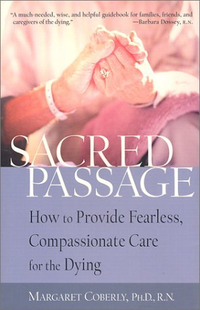
Summary
Working as an emergency room nurse, Margaret Coberly came in contact with death on a daily basis. However, it wasn't until her own brother was diagnosed with terminal cancer that she realized she understood very little about the emotional and spiritual aspects of caring for the terminally ill. To fill this gap she turned to the unique wisdom on death and dying found in Tibetan Buddhism. In this book Coberly offers sound, practical advice on meeting the essential needs of the dying, integrating stories from her long career in nursing with useful insights from the Tibetan Buddhist teachings. In the West, death is viewed as a tragic and horrible event. Coberly shows us how this view generates fear and denial, which harm the dying by adding unnecessary loneliness, confusion, and mental anguish to the dying process. Tibetan Buddhism focuses on the nature of death and how to face it with honesty, openness, and courage. In this view, death is not a failure, but a natural part of life that, if properly understood and appreciated, can offer the dying and their loved ones an opportunity to gain valuable insight and wisdom. Coberly argues that the Tibetan Buddhist outlook can be a useful antidote to the culture of fear and denial that surrounds death in the West and can help caregivers become more fully present, fearless, honest, and compassionate. Sacred Passage highlights two very practical teachings on death and dying from the Tibetan Buddhist tradition and presents them in clear, nontechnical language. Readers learn about the "eight stages of dissolution leading to death," a detailed roadmap of the dying process that describes the sequence of physical, psychological, and spiritual changes that occur as we die. Coberly also presents the "death meditation," a contemplative exercise for developing a new relationship to death—and life. The book also includes a lengthy, annotated list of recommended readings for added guidance and inspiration. Topics How the terminally ill can experience emotional and spiritual healing even when they can't be cured Why Western medicine's relentless focus on curing disease has led to inadequate care for the dying What to expect during the dying process How our fear and denial of death harm the dying Techniques to help caregivers promote a peaceful environment for the dying and their loved ones How to meet the changing physical and emotional needs of the dying Helpful advice on what to say and how to behave around the terminally ill
Similar Books
-
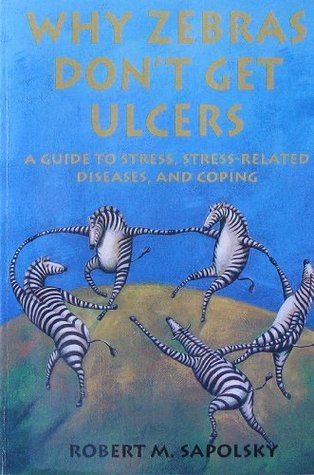 Why Zebras Don't Get Ulcers
Why Zebras Don't Get Ulcersby Robert M. Sapolsky
-
 Feeling Unreal: Depersonalization Disorder and the Loss of the Self
Feeling Unreal: Depersonalization Disorder and the Loss of the Selfby Daphne Simeon
-

-
 Shadow Syndrome
Shadow Syndromeby John J. Ratey
-

-
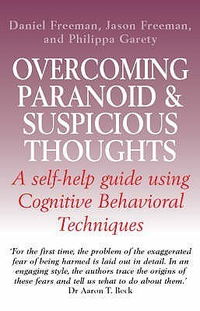 Overcoming Paranoid and Suspicious Thoughts
Overcoming Paranoid and Suspicious Thoughtsby Daniel B. Freeman
-
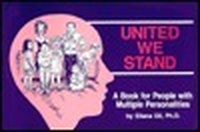
-
 Good News for the Chemically Dependent and Those Who Love Them
Good News for the Chemically Dependent and Those Who Love Themby Jeff VanVonderen
-
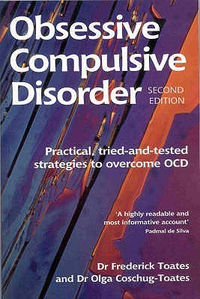 Obsessive Compulsive Disorder
Obsessive Compulsive Disorderby Frederick Toates
-
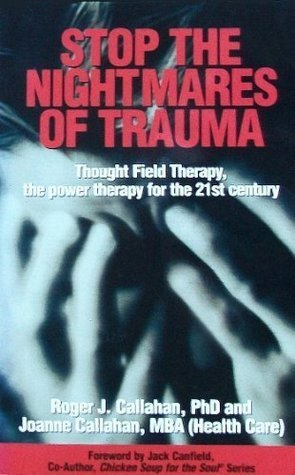
-
 The Absolute Truth About Alcohol & Alcoholism
The Absolute Truth About Alcohol & Alcoholismby J. Logan Duff
-
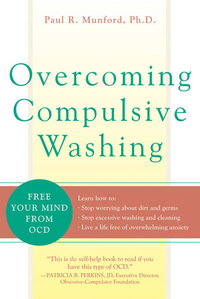 Overcoming Compulsive Washing: Free Your Mind from OCD
Overcoming Compulsive Washing: Free Your Mind from OCDby Paul R. Munford
-

-
 Life's Tough Questions
Life's Tough Questionsby Steven Waterhouse
-
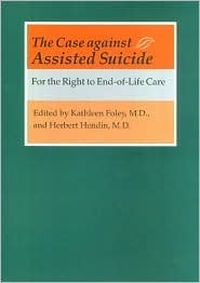 The Case against Assisted Suicide: For the Right to End-of-Life Care
The Case against Assisted Suicide: For the Right to End-of-Life Careby Kathleen M. Foley MD
-
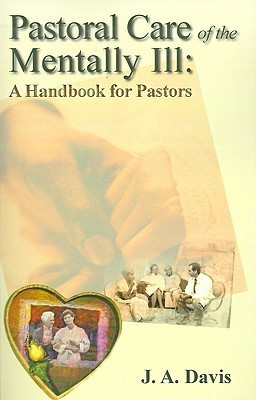
-
 I Can't Be an Addict-Im a Christian
I Can't Be an Addict-Im a Christianby Melinda Fish
-
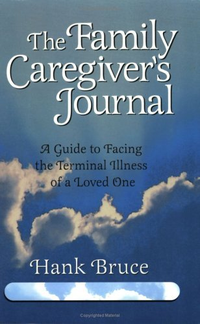
-
 Fibromyalgia Story: A Spiritual Journey To Healing
Fibromyalgia Story: A Spiritual Journey To Healingby Cheryl A. Chamberlain
-
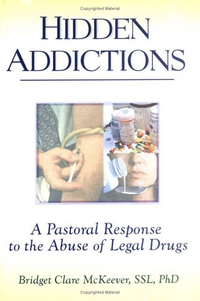 Hidden Addictions: A Pastoral Response to the Abuse of Legal Drugs
Hidden Addictions: A Pastoral Response to the Abuse of Legal Drugsby Richard L Dayringer
-
 Doctors on Trial
Doctors on Trialby John S. Bradshaw
-

-
 Half of Me
Half of Meby Debra Degregorio